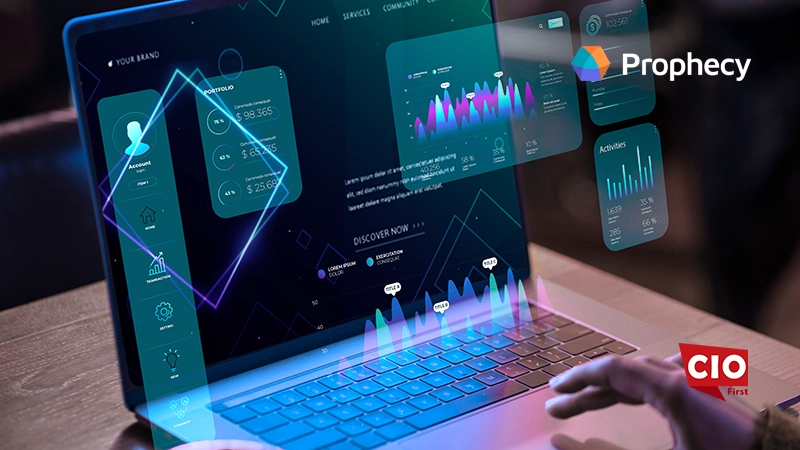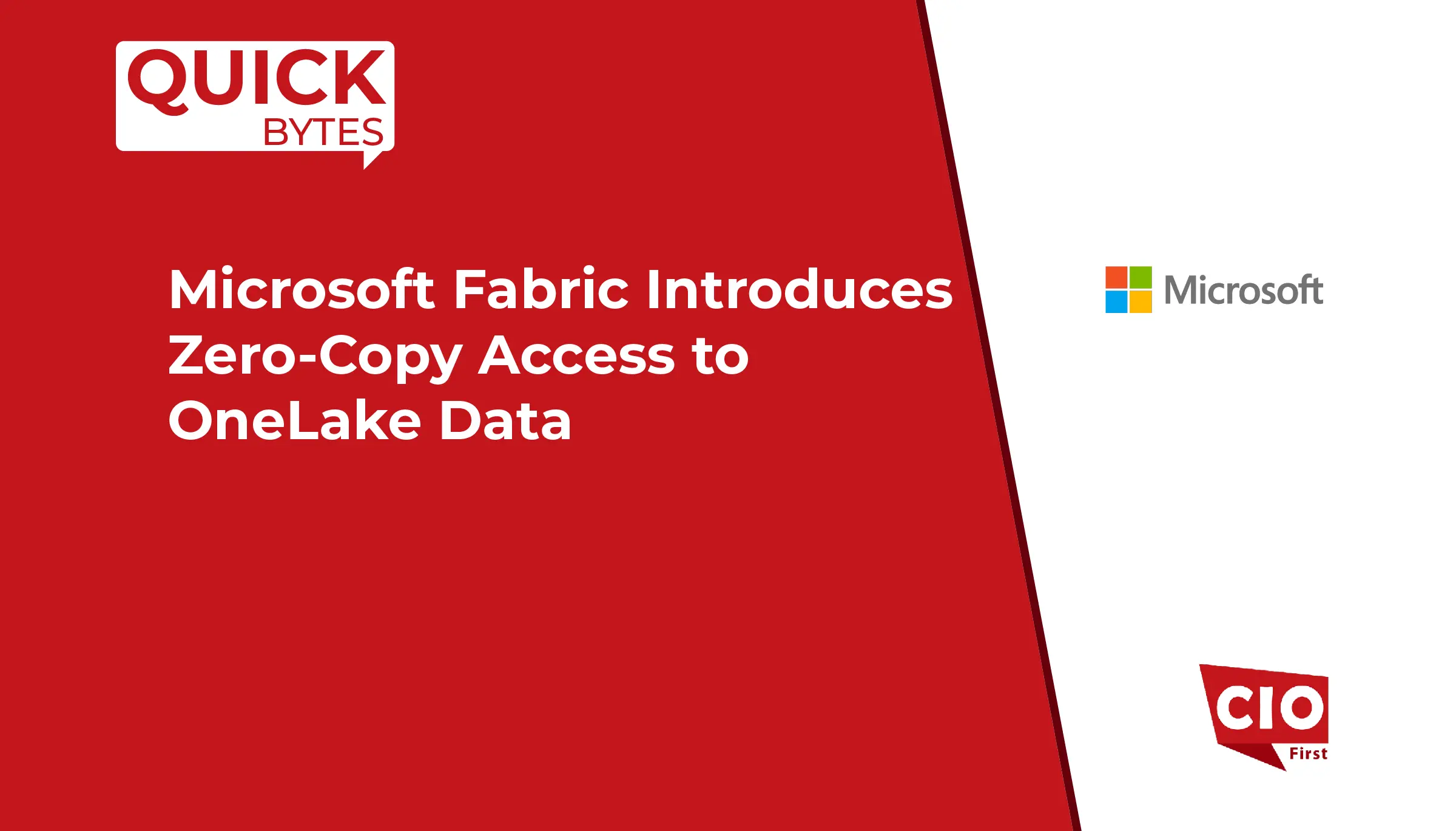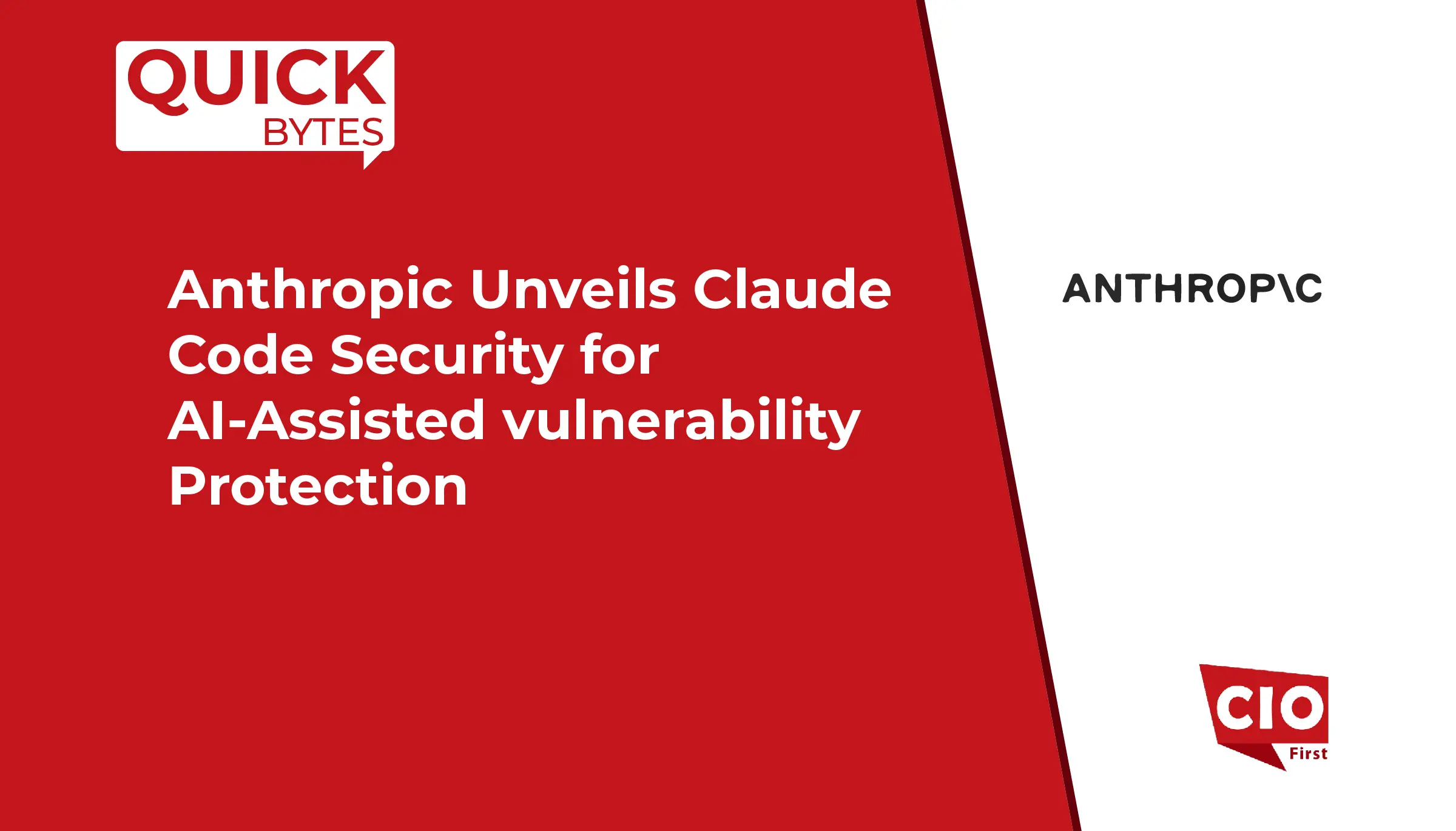Unit4, a leader in enterprise cloud applications for people-centric organizations, launched Advanced Virtual Agent (Ava), a proactive conversational agent that will act as a centralized artificial intelligence (AI) interface, orchestrating and automating ERP workflows. Designed as an intelligent work companion seamlessly integrated with Unit4 ERPx and Microsoft Teams, Ava enables effortless collaboration and provides personalized recommendations as well as instant, contextual assistance. Ava builds on Unit4’s decade of innovation in digital assistants and is a key milestone in the company’s vision to deliver self-driving ERP.
In line with Unit4’s pragmatic approach to AI, Ava will reshape workflows into more intelligent, adaptive, and user-centric experiences. It will empower people by enabling them to focus on tasks only humans can do, as well as boosting productivity with less effort. Unlike other agentic AI approaches, Ava acts as the single, central access point to ERPx, providing unified assistance to foster consistency and clarity for users. Ultimately, it supports organizations in maintaining the single source of truth for business-critical information.
“It is clear AI is going to dramatically change how users interact with ERP systems, as it will enable people to focus on more meaningful and rewarding work,” said Claus Jepsen, Chief Technology Officer, Unit4. “Ava isn’t just smart – it’s pragmatic, purposeful and deeply attuned to the real challenges people face. That’s why we have built Ava as one interface and agent, as this will create an integrated platform making it easier to add functionality and avoid siloed AI Agents.”
Also Read: Hyland appoints Tim McIntire as Chief Technology Officer
As Unit4 revealed last year in research commissioned from IDC, AI adoption is rapidly moving through three phases. It is already being used as an agent and Ava fulfils a variety of functions including task management, contextual help and data searches. The second phase in the maturing of AI technology sees it acting as an advisor, which Ava does in areas such as anomaly detection in payroll and providing suggestions for invoice approval as well as project creation. Ultimately, Ava will act autonomously as an agent to:
- Centralize orchestration by integrating and coordinating workflows within ERPx and Microsoft Teams
- Deliver intelligent automation where routine tasks are autonomously managed to reduce manual workloads
- Enhance augmentation with actionable insights and personalized recommendations to augment specialized tasks
- Offer proactive and predictive capabilities to identify issues, predict needs and dynamically adapt workflows to achieve business objectives efficiently
Initially, Unit4 is integrating Ava with Microsoft Teams as it is so widely used by its customers, but the roadmap will see integrations with other collaboration tools added in the future. Ava understands natural language conversations in Microsoft Teams and translates them into specific tasks to be completed in ERP workflows. This is possible, because Ava is built on Unit4’s microservices, Cloud native architecture which provides the interoperability and extensibility necessary for Ava to act as an interface to Unit4 ERPx. As a result, Unit4 can build out AI capabilities and connect them into Ava via open APIs giving the agent the ability to adapt quickly as AI functionality evolves.
“The journey into the digital world is neither stale nor stagnant—AI has brought a greater urgency to modernize and transform quickly. IDC finds that 47% of organizations are creating an AI-ready workforce that uses AI assistants, advisors, and agents to boost business success. With AI coming to the forefront, organizations must understand where their journey is headed and the various pathways to success,” said Mickey North Rizza, group vice president, Enterprise Software at IDC. “The journey is multidimensional, but the promise of a new digitally savvy enterprise is at the heart of modernization and transformation.”
Source: PRNewswire



























